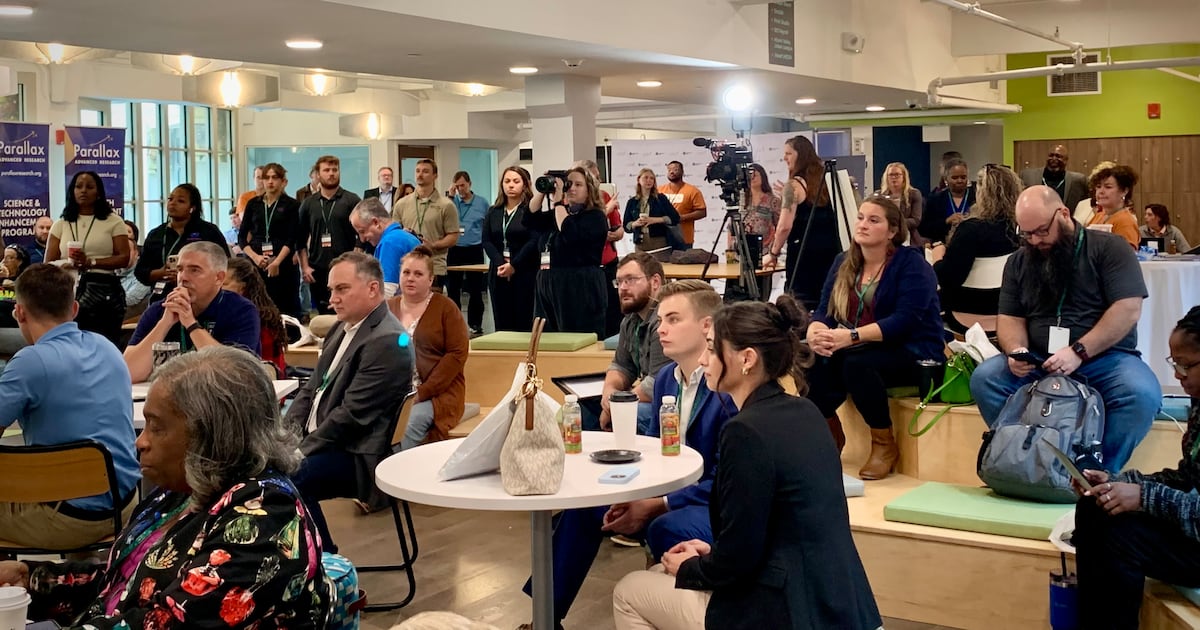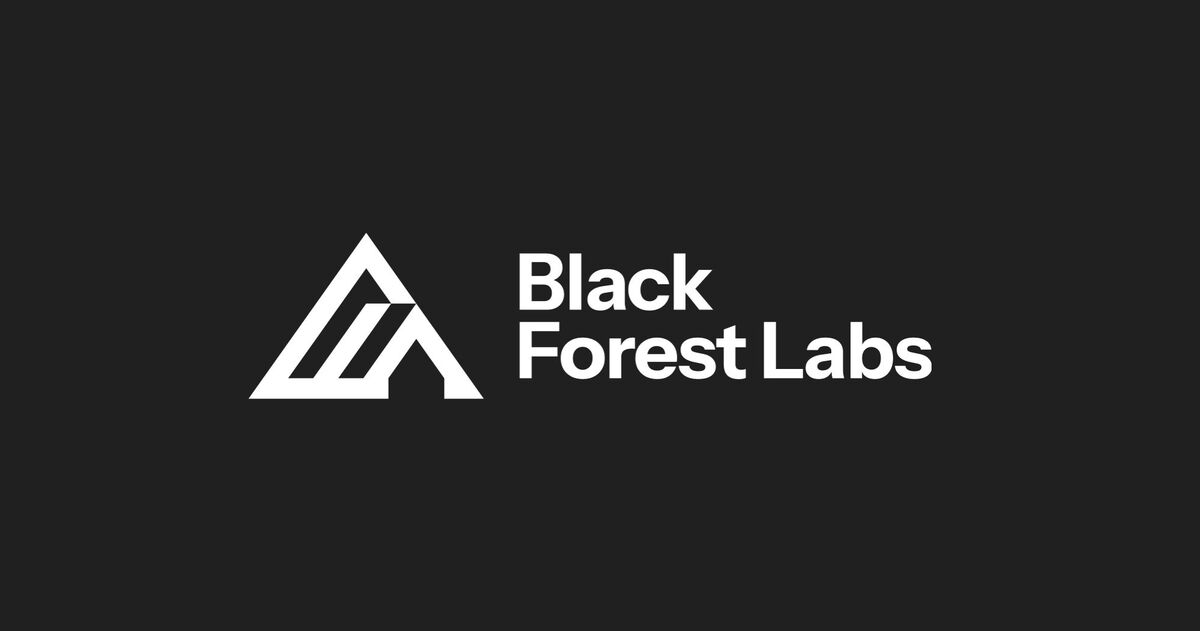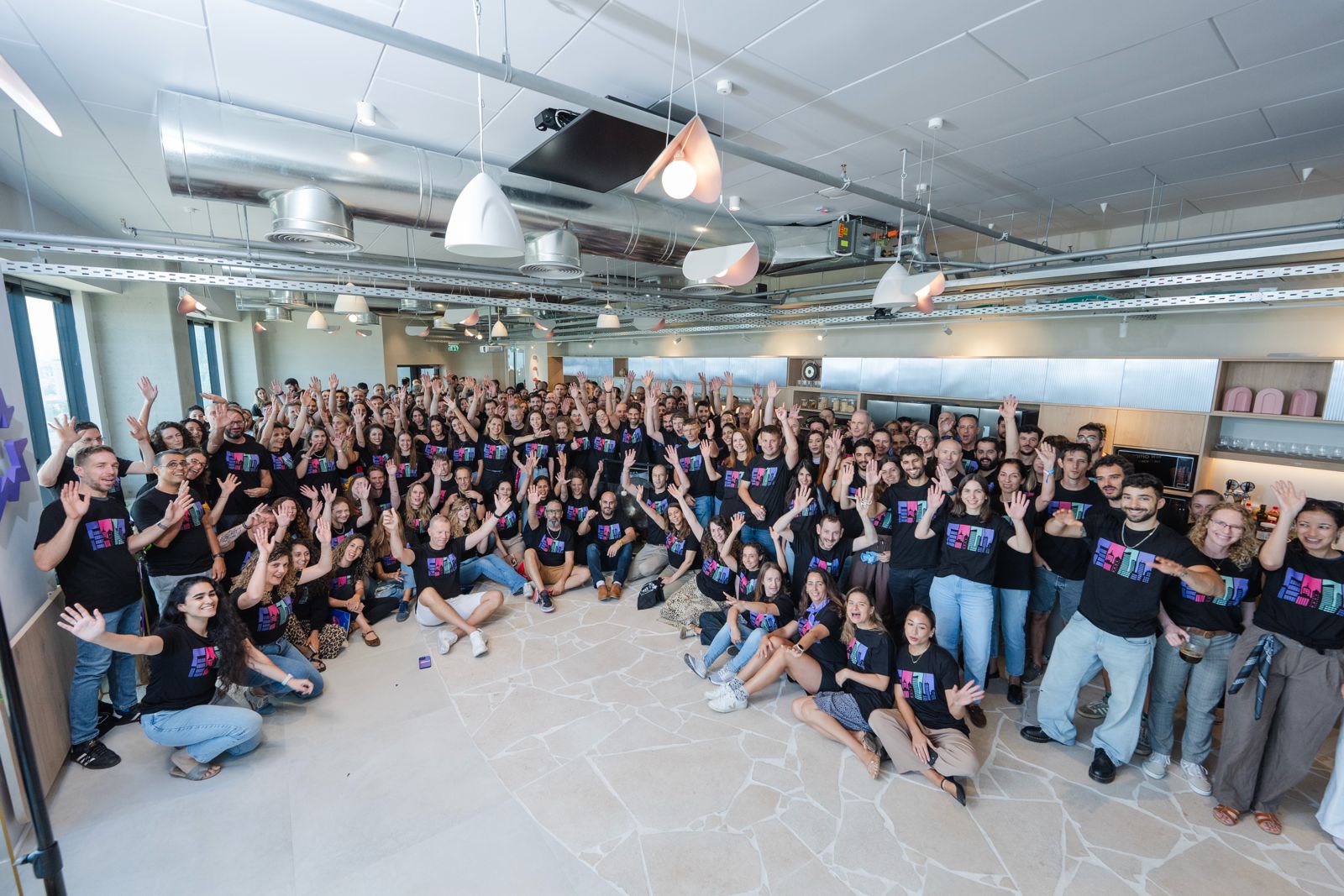Summary:
Promin is a Ukrainian rocket startup that relocated to the U.S. amid war.
Alphabet is supporting Promin, but challenges loom over foreign investment.
Promin's unconventional "autophagic technology" raises concerns in a changing satellite market.
The U.S. government has a history of skepticism towards foreign rocket companies.
Investors should be cautious; Alphabet's involvement does not guarantee safety.
A Heartwarming Story with a Twist
Last week, Payload Space shared the inspiring journey of Promin, a small Ukrainian company aiming to build a new rocket with the expertise of Soviet-era rocket scientists and American corporate skills. Based in Dnipro, Promin had to pause its launch plans due to the Russian invasion in 2022 and has since relocated to Brunswick, Maine.
Google's Involvement
With the help of the Maine Space Corporation, Promin has found partners in the U.S., including tech giant Alphabet (GOOG, GOOGL), and established a development site at a former Naval Air Station. The plan is for Promin to manage research and development from Ukraine while U.S. engineers work on the first Promin 1 rocket.
Reasons for Concern
However, the project seems fraught with challenges from the outset. Promin's approach involves "autophagic technology", which means the rocket's fuel and tank will burn together, potentially making it lighter and cheaper to launch small payloads. But this unconventional method raises red flags about its viability in a market where larger satellites are becoming the norm.
Government Skepticism
A significant hurdle for Promin is the U.S. government's reluctance to welcome foreign rocket firms. Historical skepticism has been directed towards companies like Rocket Lab and Firefly Aerospace, which faced scrutiny over their foreign ties. Firefly, for instance, struggled to secure contracts and ultimately had to divest its Ukrainian investor to continue operations.
The Investor's Dilemma
Investors in Promin may face similar challenges. Despite Alphabet's involvement, the underlying issues of foreign ownership and U.S. regulatory concerns could undermine the company's prospects. If Promin were to pursue an IPO, potential investors should think twice before assuming it is a safe investment simply because of Google's backing.

Conclusion
While Promin's story is inspiring, the challenges it faces in the U.S. market, along with the historical context of foreign investments in the space industry, suggest that this startup might not be the safest investment for those looking to capitalize on Google's involvement.









Comments